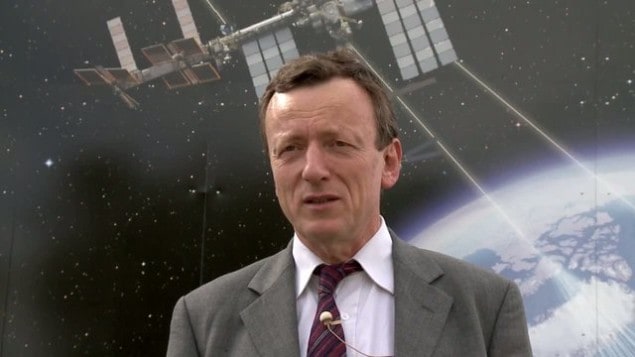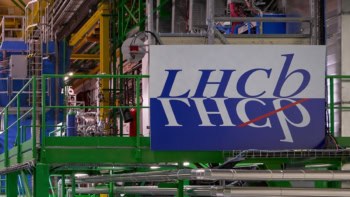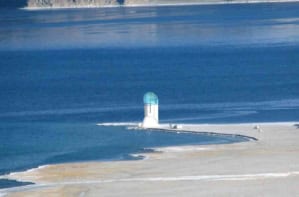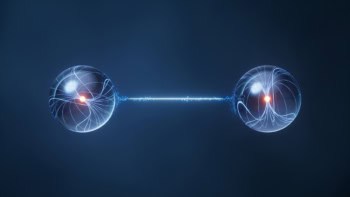
Particle physicist Roberto Battiston has been appointed president of the cash-strapped and demoralized Italian Space Agency (ASI). Previous agency boss Enrico Saggese quit the post in February following the start of corruption investigations against him and the organization has since been in the hands of a temporary commissioner. Battiston, a professor at the University of Trento, will try to restore confidence in the organization but will need to find a way of funding Italy’s contribution to the European Space Agency (ESA) while at the same time financing major domestic missions.
Saggese, an electronic engineer, resigned after police raided his office and home together with those of six other people suspected of involvement in bribery; prosecutors having opened investigations into a number of contracts awarded by ASI, as well as looking into a €1m holiday supposedly paid for with agency money and several dubious consultancies. Saggese told the then research minister Maria Chiara Carrozza that he was completely “extraneous” to the allegations and that he had stepped down “in the interest of ASI’s international prestige”.
Aerospace relaunch
The government appointed law professor Aldo Sandulli to lead the agency while the search for a new president got under way. Carrozza set up a three-person committee, coordinated by materials physicist Fabio Beltram, to produce a shortlist of candidates. The committee received 55 applications for the job, from which it drew up a list of five names, which, in addition to Battiston, included that of one-time ASI president Giovanni Bignami. On 16 May, new research minister Stefania Giannini announced her choice. Describing Battiston as “an excellent physicist”, Giannini said in a press release that his appointment would allow “the relaunch of the aerospace industry, which has an incalculable strategic value for our country”.
Spending his early career working on particle accelerators, Battiston carried out research that, among other things, contributed to the discovery of the W and Z bosons. For much of the last 20 years, in contrast, he has been using the knowledge gained with accelerators to develop space-based detectors for precision studies of cosmic rays. In particular, he has been deputy principal investigator for the Alpha Magnetic Spectrometer (AMS), a $2bn instrument attached to the International Space Station that is designed to search for dark matter by measuring fluxes of high-energy electrons and positrons.
Battiston, who moved to the University of Trento from the University of Perugia in 2012 to set up a new institute dedicated to astroparticle physics and technology, should be joined at ASI by a new board of directors within the next few weeks. His term as president is due to last for four years and can be renewed for a further four.
Budget management
Battiston feels that the technical and management experience that he has gained with the AMS project, which involves 600 physicists from 56 institutes from around the world, will stand him in good stead when it comes to his new position. But he recognizes that being in charge of a 240-strong research institute will not be easy. “I am satisfied to have been chosen,” he says, “but that satisfaction is mixed with a sense of how demanding the task will be.” Indeed, Battiston will have his work cut out in trying to manage the agency’s funding. The annual budget provided by the research ministry remains at €503m, having fallen from €570m in 2011. Of that, some €400m goes to ESA, which means that only around €100m a year remains for domestic activities.
Battiston told news agency Adnkronos that ASI’s funding is currently “unbalanced” and that a greater share of it should be dedicated to national projects. “It is not that the ESA programmes don’t give an industrial and scientific return to our country,” he is quoted as saying, “but Italy must also have its own strategic autonomy.”
ASI watchers say that there are not currently enough funds to launch the second generation of Italy’s COSMO-SkyMed, a group of satellites that provide Earth observation for both military and civilian purposes. In addition, they say that the agency will struggle to contribute its share of the costs needed to develop a new Ariane 6 rocket launcher as well as develop a new version of the Vega launcher.



